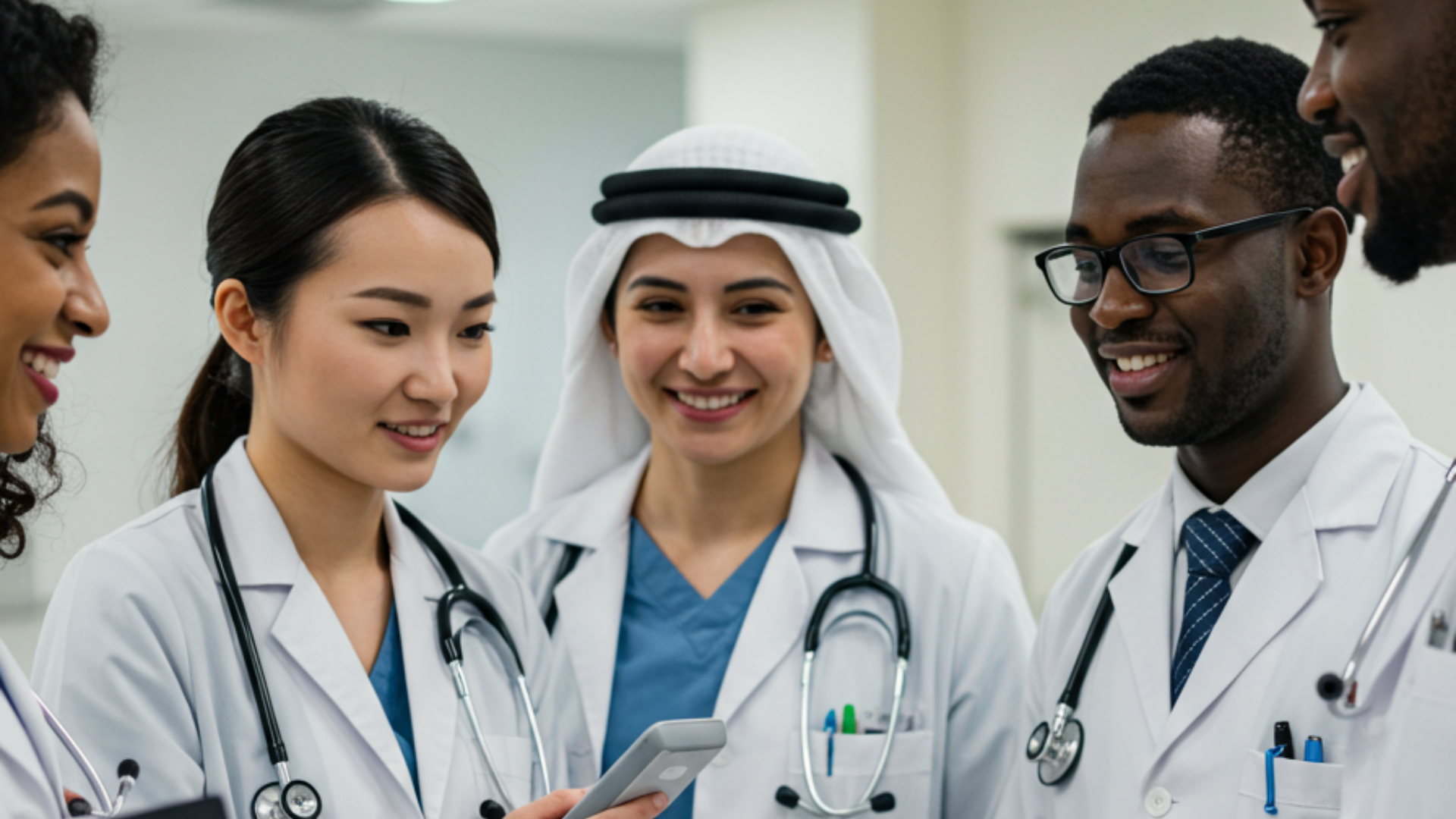In an increasingly interconnected world, global health inequalities remain one of the most pressing challenges. Specialized translation plays a crucial role in bridging these gaps, enabling vital information to reach diverse communities and promoting equitable access to knowledge and healthcare services.
Translating medical texts, clinical guidelines, and public health campaigns requires not only linguistic precision but also a deep cultural understanding. Without these adaptations, key messages can lose impact or, worse, be misunderstood. For instance, tailoring a disease prevention campaign for a specific region involves not just translating the words but considering the cultural contexts, belief systems, and literacy levels of the target audience.
Moreover, the globalization of clinical trials highlights the importance of specialized translation. Ensuring that participants fully understand the protocols and risks associated with studies is critical for both ethics and the success of medical research.
The impact of specialized translation on health equity.
As healthcare systems expand their reach into underserved regions, the role of specialized translation becomes even more pronounced. Providing accurate translations of patient education materials, vaccination guides, and disease prevention strategies empowers communities to make informed decisions about their health. This effort not only enhances public health outcomes but also fosters trust in healthcare providers and institutions.
Specialized translation also plays a pivotal role in emergency responses during global health crises, such as pandemics. The ability to swiftly and accurately translate guidelines, safety measures, and updates into multiple languages can save lives, ensuring that no community is left behind in accessing critical information.
While technology has made significant strides, offering automated translation tools, human intervention remains irreplaceable in global health. Specialized translators do more than convey words—they interpret meanings, capture nuances, and ensure each message is clear, accurate, and culturally sensitive.
At SumaLatam, we understand that precise translation can make a significant difference in people’s quality of life. That’s why we are committed to ensuring that health messages reach every corner of the world, breaking down language barriers and contributing to fairer access to healthcare. As an example of our commitment, SumaLatam offered top priority and important discounts for health-related projects throughout the COVID-19 pandemic.
Together, we can use translation as a powerful tool to build a more equitable and healthier world.




